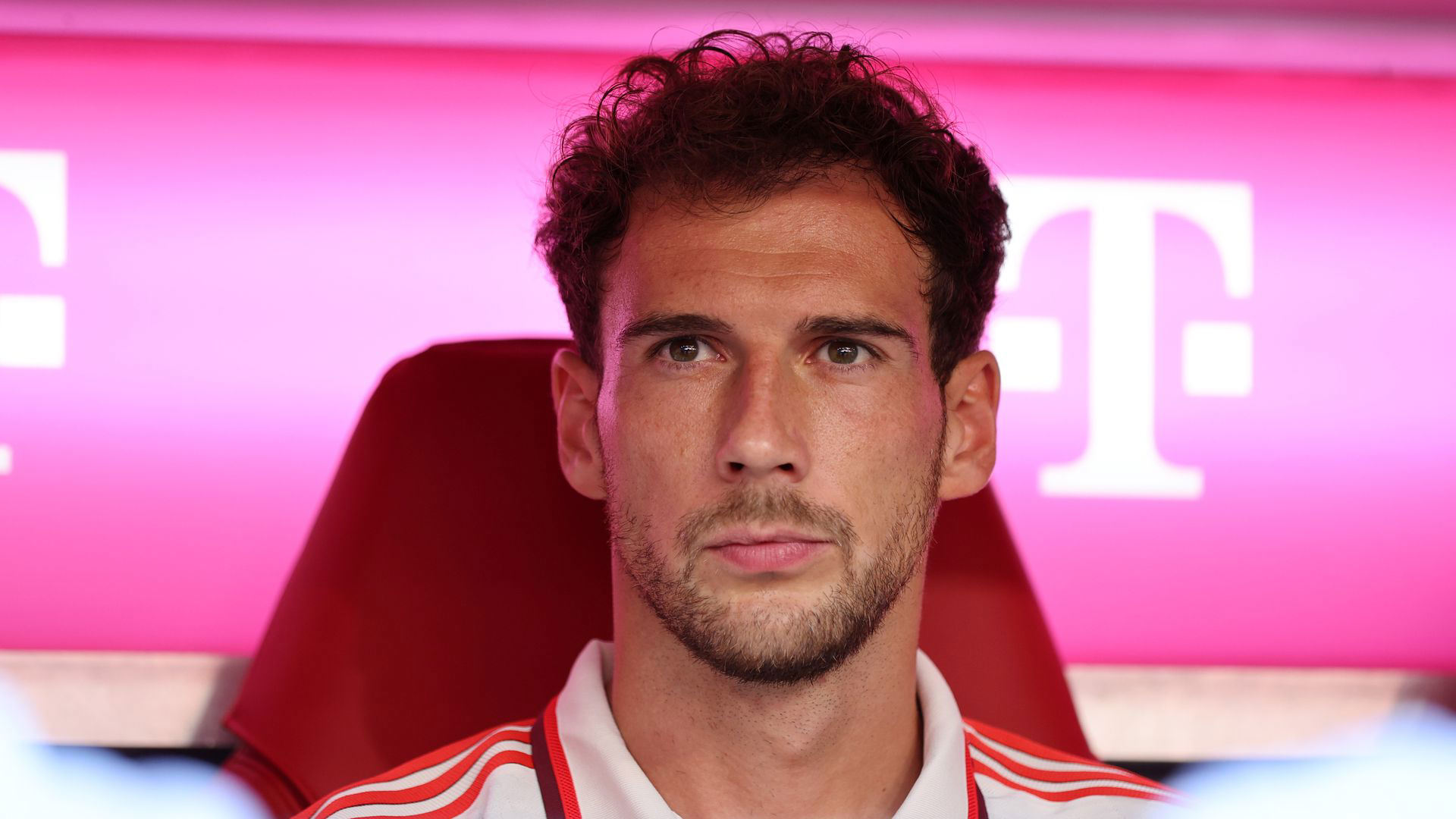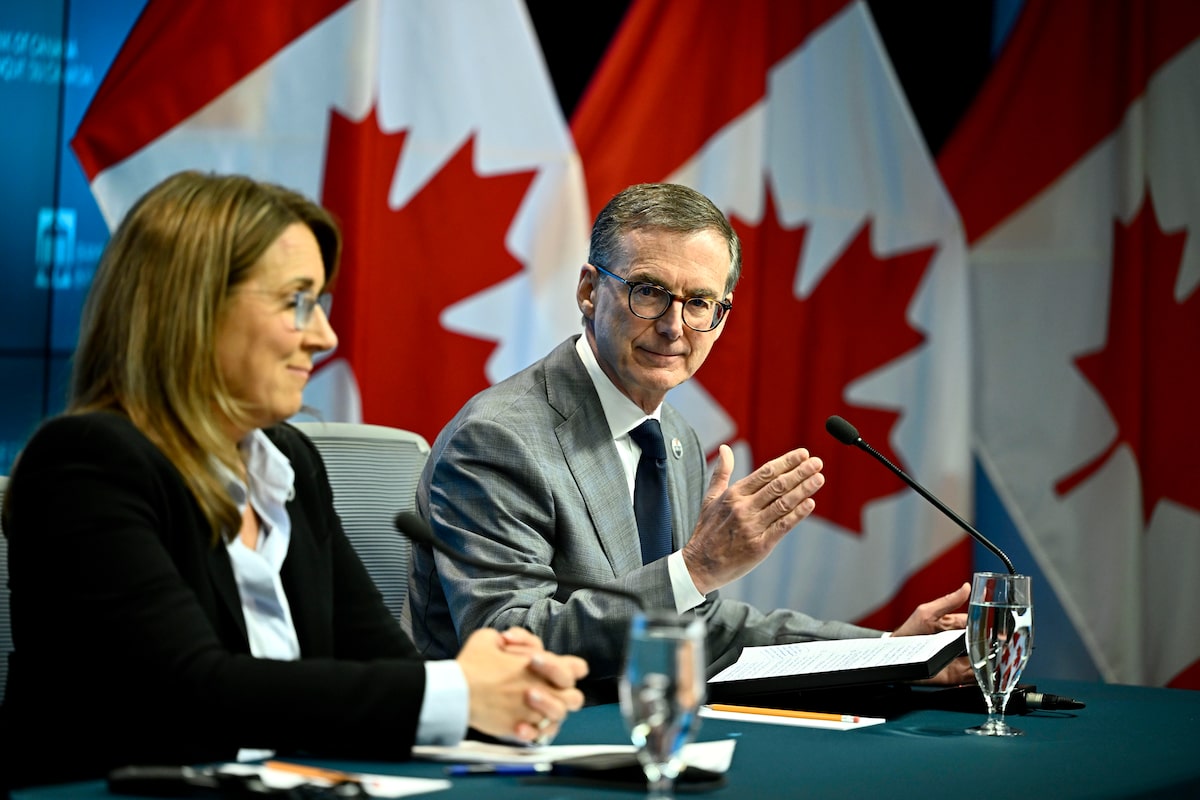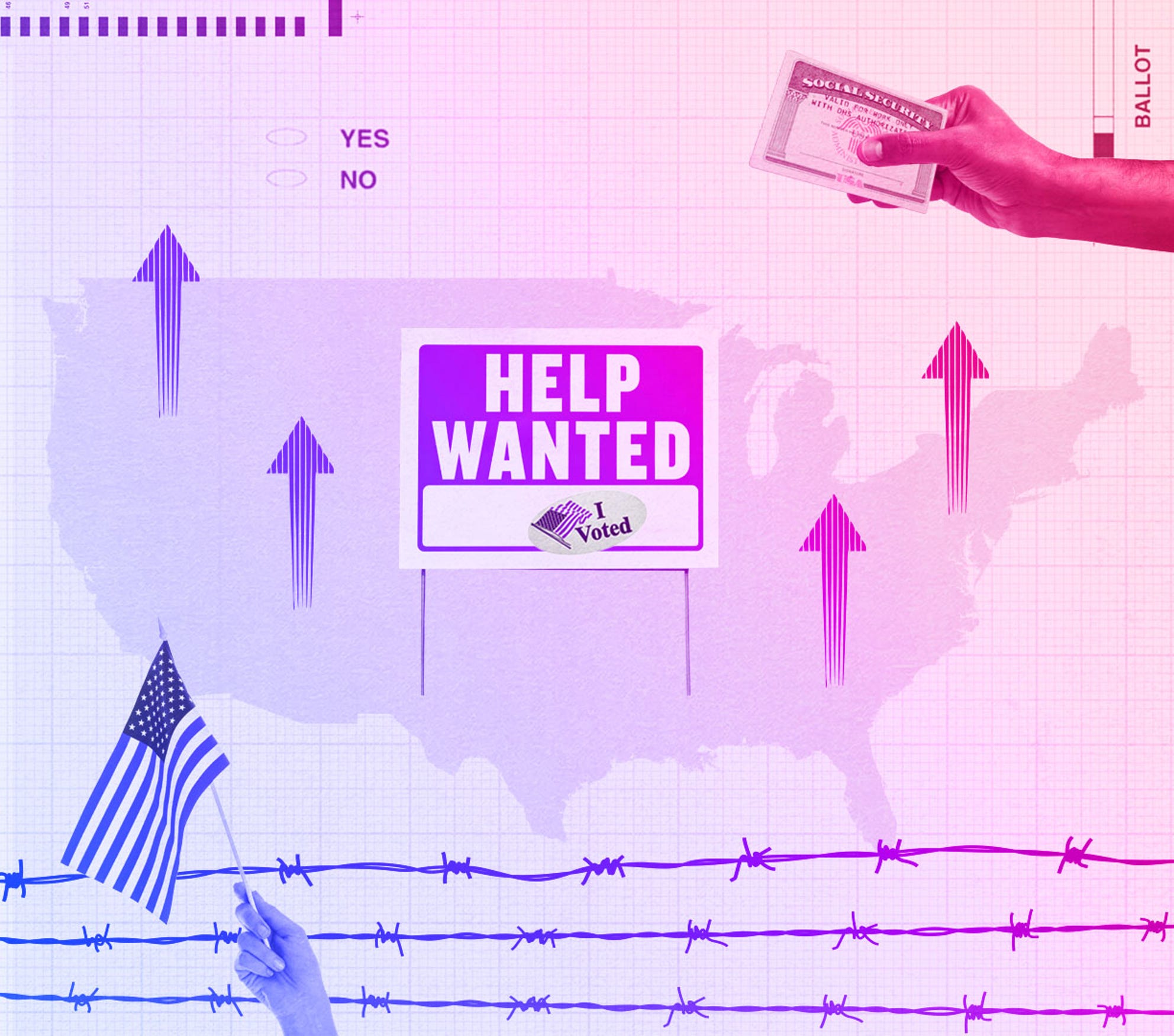Debate Evasion: Schoof's Silence On Faber's Honours Veto

Table of Contents
The Significance of Faber's Honours Veto
Faber's honours veto, a controversial decision impacting the awarding of prestigious academic honours, carries far-reaching implications. The veto itself is rooted in [insert historical context of the veto, e.g., a specific university regulation or longstanding tradition]. Its purpose, ostensibly, is to [insert stated purpose of the veto, e.g., maintain academic standards or uphold ethical considerations]. However, the potential impact of this veto extends beyond the individual recipient, potentially affecting:
- Reputation of the institution: The veto could damage the institution's reputation for fairness and transparency.
- Future applications: It might deter future applicants from seeking honours.
- Academic freedom: Some argue it undermines academic freedom and independent scholarship.
Key players involved include Faber (the vetoing authority), Schoof (who has remained silent), and [mention other key players and their positions]. Relevant legislation or regulations governing the honours process are [mention specific regulations or laws].
Schoof's Silence as a Form of Debate Evasion
Debate evasion, characterized by the deliberate avoidance of addressing critical issues or questions, is a tactic employed to deflect scrutiny and hinder meaningful discussion. Schoof's consistent refusal to comment on Faber's veto, despite numerous requests from the media and concerned individuals, clearly falls under this category. This avoidance is not simply inaction; it's a calculated strategy.
- Specific instances of Schoof's silence: Schoof has repeatedly declined interview requests, refused to issue public statements, and failed to respond to written inquiries regarding the veto.
- Potential motivations: Possible motivations behind Schoof's evasion include protecting his own position, concealing potential flaws in the veto process, or preventing further public backlash.
- Comparison to other cases: This silence echoes similar instances of debate evasion in other high-profile controversies, where powerful figures avoid accountability by refusing to engage in public dialogue.
The Impact of Schoof's Evasive Tactics
The consequences of Schoof's silence extend far beyond the immediate controversy. His actions erode public trust in the integrity of the honours process and broader institutional transparency.
- Negative effects on public perception: Schoof's silence fuels speculation and suspicion, damaging public confidence in the institution's commitment to fairness and accountability.
- Consequences for future decision-making: This lack of transparency creates a precedent that could embolden future decisions made without adequate public scrutiny.
- Potential legal implications: Depending on the specifics of the situation, Schoof's silence could have legal ramifications, especially if it's deemed to be a deliberate attempt to obstruct investigation or accountability.
Alternative Interpretations and Counterarguments
While Schoof's silence strongly suggests debate evasion, it's essential to consider alternative interpretations. Some might argue that Schoof's silence is due to [suggest alternative reasons, e.g., ongoing investigations, legal advice, or a desire to let the process unfold].
- Counterarguments and rebuttals: However, these arguments are countered by the lack of any official statement acknowledging the concerns.
- Possible mitigating circumstances: While some mitigating circumstances might exist, they do not negate the significant impact of Schoof's refusal to engage in a public dialogue.
- Alternative perspectives: Different perspectives may exist, but the core issue remains: the lack of transparency and accountability significantly hinders a fair and open debate.
Conclusion: Addressing the Unanswered Questions Surrounding Schoof's Silence on Faber's Honours Veto
Schoof's silence surrounding Faber's honours veto represents a clear instance of debate evasion. This lack of transparency undermines public trust, damages the institution's reputation, and sets a dangerous precedent for future decision-making. We must demand transparency and accountability. We need to move beyond avoiding debate and actively encourage further investigation into this matter, demanding answers to the unanswered questions. This isn't just about Faber's veto; it's about addressing the broader problem of evasive tactics used to circumvent open dialogue. We must hold those in power accountable and insist on a future where Schoof's silence is replaced with open communication and responsible leadership. Let's demand a commitment to transparency and end this disturbing pattern of avoiding debate in crucial matters.

Featured Posts
-
 Ufc 315 Fight Card Changes Aldos Weight Problem And Revised Lineup
May 12, 2025
Ufc 315 Fight Card Changes Aldos Weight Problem And Revised Lineup
May 12, 2025 -
 Six Pointer Victory Heidenheims Win Against Kiel Boosts Survival Hopes
May 12, 2025
Six Pointer Victory Heidenheims Win Against Kiel Boosts Survival Hopes
May 12, 2025 -
 Economists Forecast Bank Of Canada Interest Rate Cuts Due To Tariff Impacts
May 12, 2025
Economists Forecast Bank Of Canada Interest Rate Cuts Due To Tariff Impacts
May 12, 2025 -
 Parliament Demands Halt To Undocumented Labor Migration Influx
May 12, 2025
Parliament Demands Halt To Undocumented Labor Migration Influx
May 12, 2025 -
 The Thomas Mueller Transfer Saga A Comprehensive Review Of Public Reaction
May 12, 2025
The Thomas Mueller Transfer Saga A Comprehensive Review Of Public Reaction
May 12, 2025
